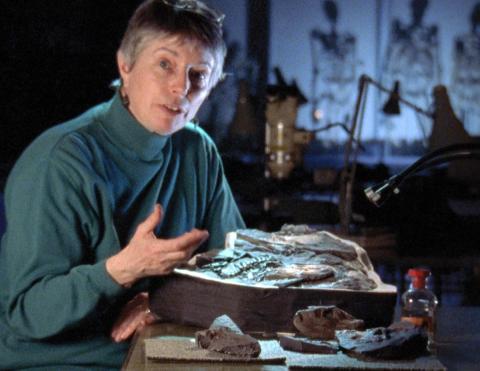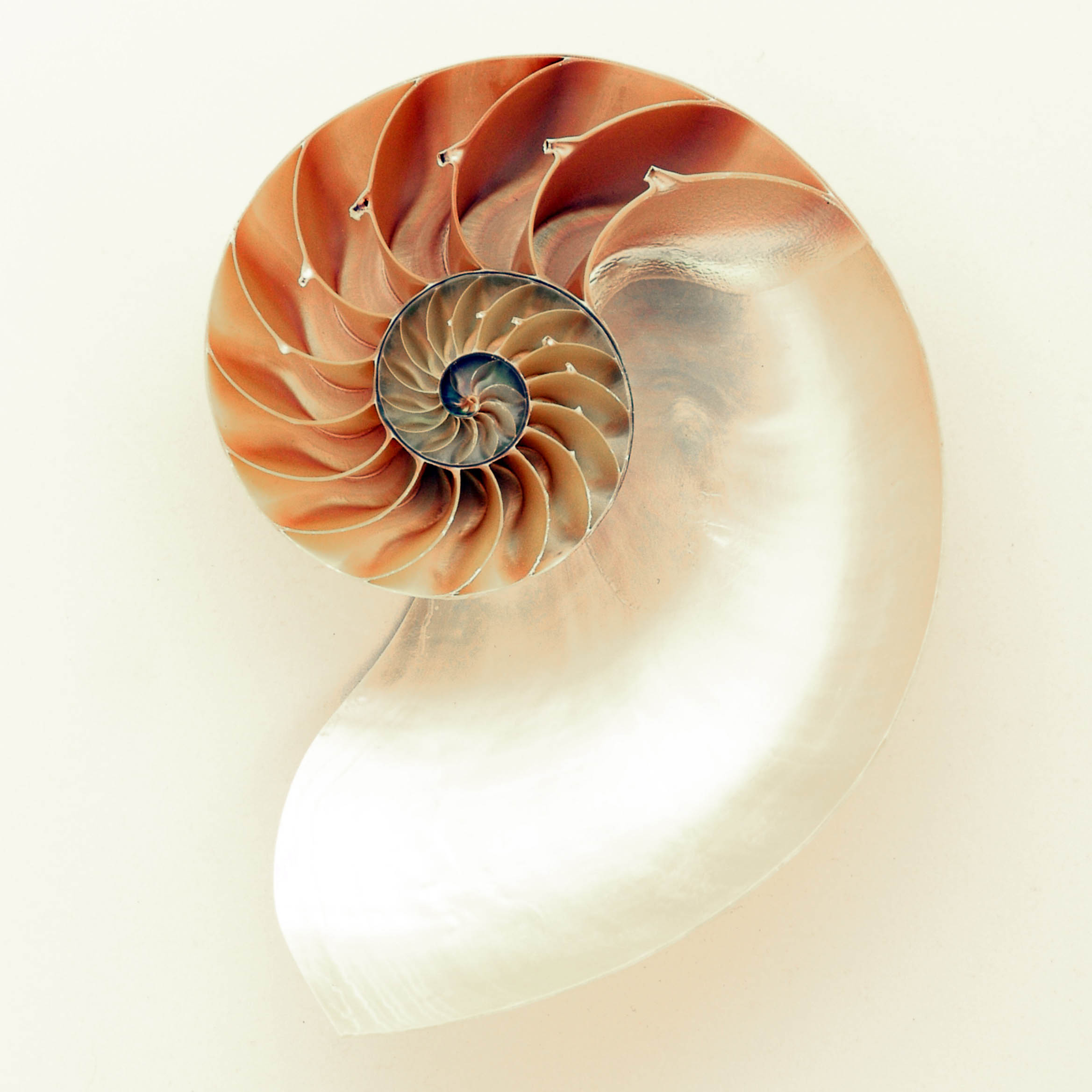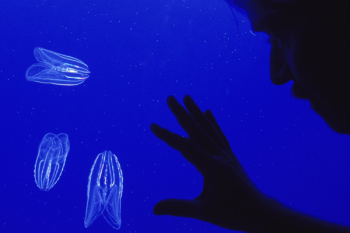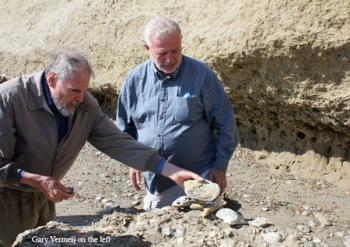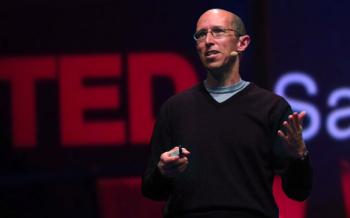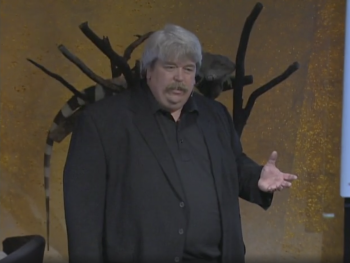
Really, I'm interested in [arthropods'] movements so you can discover the secrets of how their muscles and their skeletons work to allow them to move so wonderfully in the environment. -- Robert Full
In his lab at the University of California, Berkeley, biologist Robert Full uses equipment often applied to the study of the motion of Olympic athletes. But Full's subjects aren't speed skaters, shot putters or competitive swimmers; they're amphibians, reptiles and arthropods.
Full observed that arthropods are masterful movers. They successfully scamper over difficult terrain, and some move incredibly fast. After analyzing arthropod movements, Full reached some interesting conclusions. He found that the arthropod body plan is well designed for efficient and stable locomotion. Jointed legs serve as springs, struts and shock absorbers for the animal. As they walk or run, many arthropods keep three legs on the ground at once, making them particularly stable. (A three-legged stool never wobbles.) He also discovered that locomotion takes very little brainpower, allowing the creatures' simple nervous systems to focus on more complex tasks.
About Dr. Full’s Career
Robert Full, Ph.D. received his doctoral degree in 1984 from SUNY Buffalo. In 1986 he joined the faculty of the University of California at Berkeley where he is now a Professor of Integrative Biology in 1995, a position he holds today. Professor Full directs the Poly-P.E.D.A.L. Laboratory, which studies the Performance, Energetics and Dynamics of Animal Locomotion (P.E.D.A.L.) in many-footed creatures. His internationally recognized research program in comparative physiology and biomechanics has shown how examining a diversity of animals leads to the discovery of general principles of locomotion. General principles can then be used as hypotheses to explain the remarkable diversity in physiology and morphology in nature.
Full's research also has provided biological inspiration for the design of multi-legged robots and computer animations. His research is helping build the perfect "distributed foot" for tomorrow's robots, based on evolution's ancient engineering. His research interests extend from analyzing the pitching motion of a Hall of Fame pitcher to assisting computer animators to make children's movies (Pixar/Disney Bug’s Life). Professor Full's research has been featured in the popular press such as newspapers, various science magazines and on several television shows (CNN, NBC Today Show, ABC World News Tonight, Discovery Channel) and you can watch him on TED talks.
